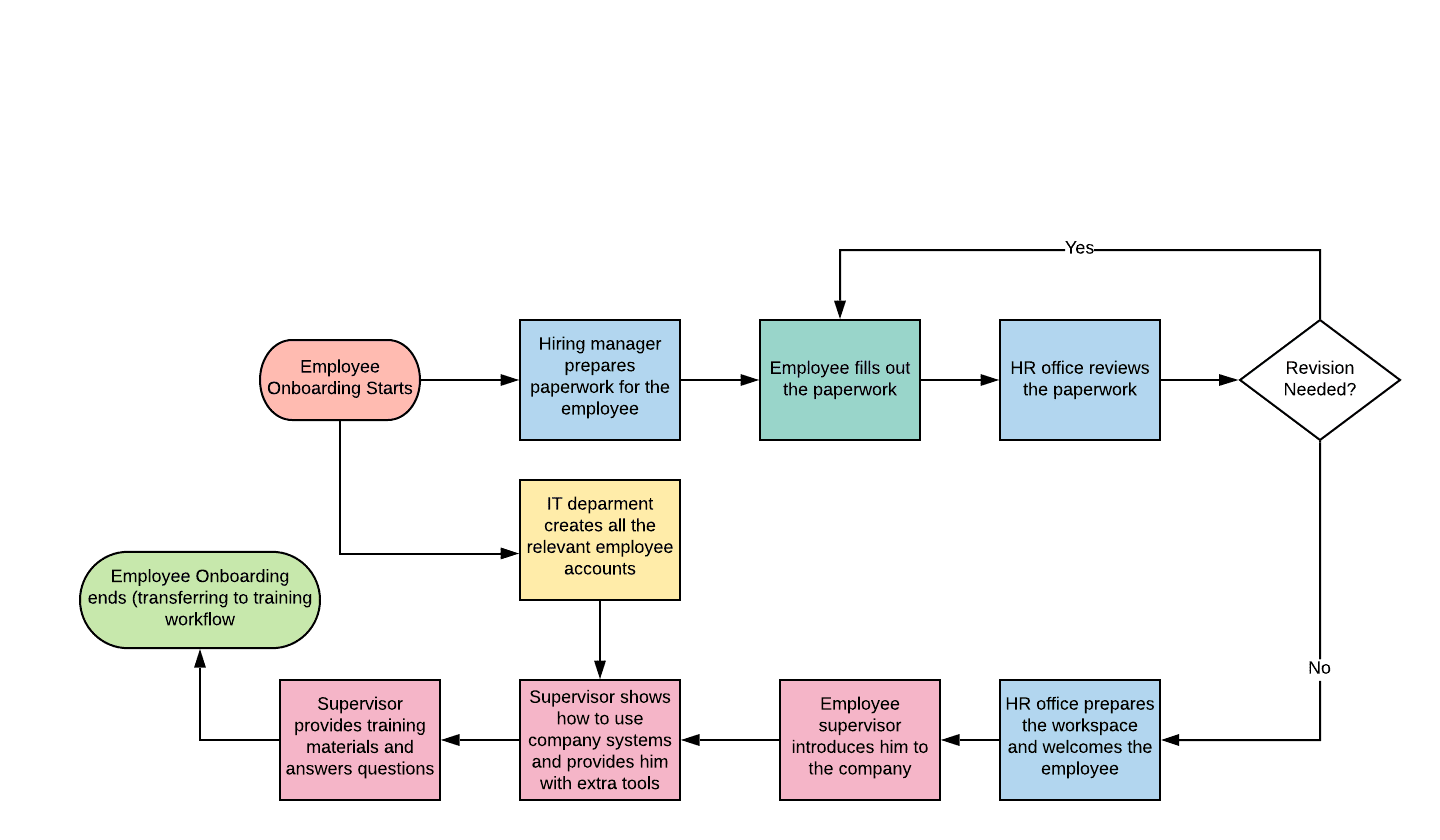So LayerX managed to get TCV to write a $100 million check for their "AI-powered workflow automation." TCV is the same firm that funded Netflix back when streaming was actually disruptive, not just another subscription service you forget to cancel.
Here's what's actually interesting: TCV has never invested in a Japanese company before. Ever. For a firm that's been around since 1995, that's either racist or they genuinely think LayerX found something worth betting on. Given that TCV partners aren't known for throwing money at buzzword bingo, LayerX probably has more than just "enterprise AI" marketing speak.
The 15,000 customer number sounds impressive until you realize most "workflow automation" customers are probably SMBs automating their invoicing. Still, LayerX claims they're doing document processing and data extraction, which is actually useful unlike half the AI startups trying to "revolutionize" note-taking.
The Brutal Reality of RPA Competition
LayerX is jumping into the same crowded pool as UiPath, Automation Anywhere, and Blue Prism - all companies that have had their share of reality checks after the initial RPA hype died down. UiPath's stock is down 60% from its peak because turns out most "automation" projects fail spectacularly in production. The enterprise RPA market is littered with implementations that sounded great in demos but broke in production environments, particularly when dealing with complex document processing workflows.
But here's where LayerX might be different: they're targeting Asian enterprises first, which makes sense because Western RPA tools are notoriously shit at handling Japanese or Chinese document formats. Anyone who's tried to get UiPath to read a Japanese PDF knows the pain.
Their $680 million ARR target by 2030 is either ambitious or delusional. Current revenue? They won't say, which usually means "not enough to justify our valuation." Simple math: if they're at $50M ARR now, they need 14x growth in 5 years. Possible? Sure. Likely? Ask UiPath shareholders how that worked out.
LayerX claims their AI can "understand context" and "make intelligent decisions" - the same shit every AI vendor promises. The difference is whether it actually works when your enterprise throws 50,000 invoices in 12 different formats at it on a Tuesday morning.
Why This Actually Matters (Maybe)
Japanese tech companies have historically been terrible at taking American VC money - they prefer staying cozy with domestic banks and corporate investors. LayerX getting TCV to invest breaks that pattern, which could signal Japanese startups are finally ready to play in the big leagues. The Japanese startup ecosystem raised ¥779.3 billion in 2024, showing stable growth despite global VC decline, while institutional investors are increasing their appetite for high-growth Japanese tech companies.
Or it could mean American VCs are so desperate to find AI companies outside the Bay Area bubble that they'll fund anything with "artificial intelligence" in the pitch deck. Research from IBM and analysis from Boston Consulting Group suggest that generative AI could add trillions in value, but most companies struggle with practical implementation.
The timing is interesting - Japan's government is throwing money at AI initiatives through their Society 5.0 program while every major Japanese corporation is panicking about falling behind China and the US in automation. Recent studies indicate that generative AI could significantly impact work patterns, while Harvard Business Review analysis shows the impact on different industries. LayerX is positioned to benefit from both trends, assuming they can actually deliver on their promises instead of just burning through VC money on AWS infrastructure costs and competitive engineer salaries in Tokyo.
Bottom line: LayerX raised a lot of money at a time when most AI companies are struggling to justify their valuations. Either they've built something genuinely useful, or they have the best sales team in Tokyo. We'll find out which when they try to hit that $680M ARR target.



